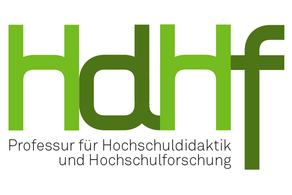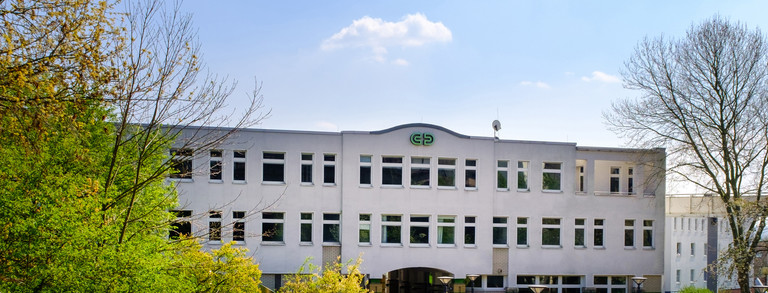Prof. Dr. Ray Land
(University of Durham, UK)
Threshold Concepts and Troublesome Knowledge: a Transformational Approach to Learning
This presentation will outline the Threshold Concepts Framework (TCF), a discipline-based and transformative model of learning which can be used as a conceptual tool and analytical framework to inform programme design, and spur educational research initiatives. Threshold Concepts can be considered akin to a portal, opening up a new and previously inaccessible way of thinking about something and leading the learner to new conceptual and affective terrain. Threshold Concepts represent a transformed way of understanding, without which the learner cannot progress, and invariably involve a shift in the learner’s subjectivity. Threshold Concepts, it is argued, lead to a qualitatively different view of subject matter and, as the ‘jewels in the curriculum’, are central to the ways of thinking and practising within a discipline.
As a consequence of comprehending a threshold concept there is a transformed internal view of subject landscape, or even world view. This transformation may be sudden or protracted, with the transition to understanding often involving ‘troublesome knowledge’. Depending on discipline and context, knowledge might be troublesome because it is ritualised, inert, conceptually difficult, alien or tacit, because it requires adopting an unfamiliar discourse, or perhaps because the learner remains ‘defended’, resisting the inevitable ontological shift that threshold concepts entail. Difficulty in understanding threshold concepts may leave the learner in a state of ‘liminality’, a suspended state or ‘stuck place’ in which understanding approximates to a kind of ‘mimicry’ or lack of authenticity. This session will explore how the framework might offer new perspectives in terms of how educators might design curricula, approach teaching and support learners.
Ray Land is Emeritus Professor of Higher Education and Emeritus Fellow of University College at Durham University. He has published widely in educational research, including works on academic development, learning technology and quality enhancement. He is best known for the educational theory of Threshold Concepts and Troublesome Knowledge, which he established with Prof Jan Meyer. He has acted as consultant for the OECD, the European Commission and the British Council and recently conducted projects in Europe, Latin America and India. He has presented his research in over fifty countries across six continents. He is a Fellow of the Academy of Social Sciences, Fellow of the Royal Society of Arts and Principal Fellow of the Higher Education Academy. He is currently also a Gambrinus Fellow of the Technical University of Dortmund, Germany.
Wednesday, 27 February 2019, 2.30–4.00 p.m. | Vogelpothsweg 78 (CDI building), room 0.22
Center for Higher Education (zhb)
Professorship of Higher Education





